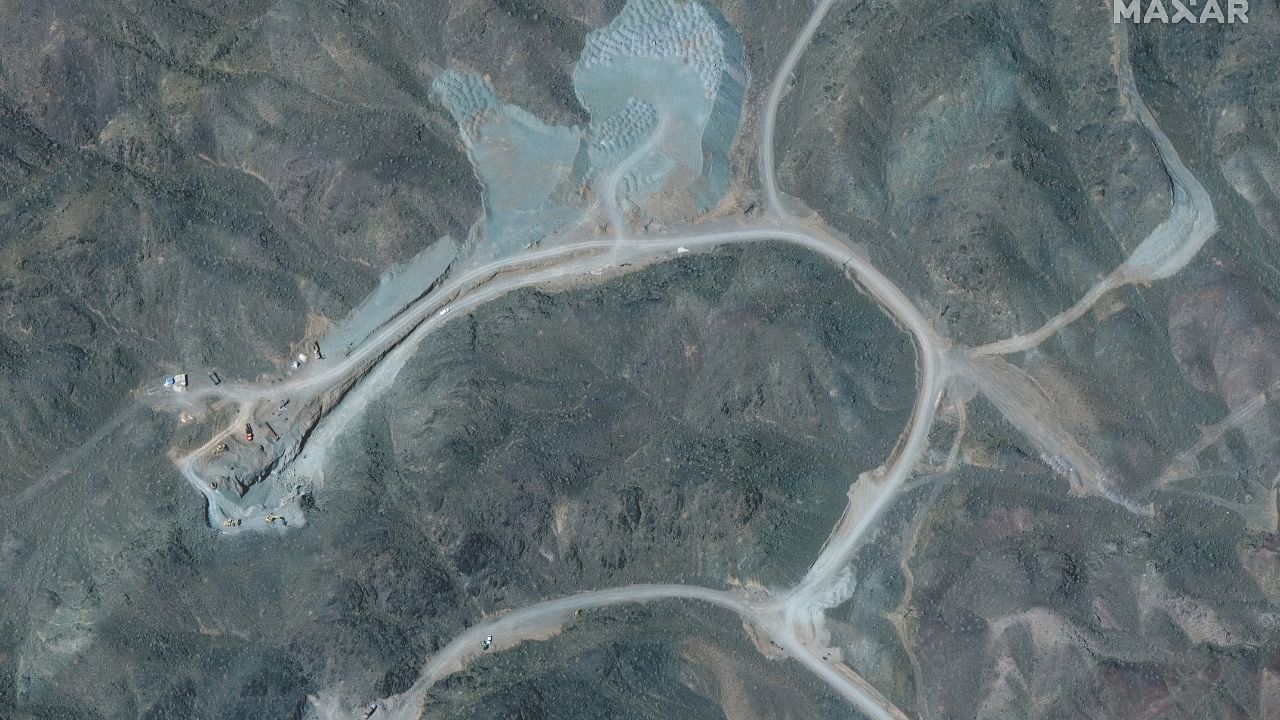
The last time the centrifuges crashed at Iran’s underground nuclear fuel-production centre at Natanz, more than a decade ago, the sabotage was the result of a joint Israeli-American cyberattack intended to slow Tehran’s progress towards nuclear weapons and force a diplomatic negotiation.
When they crashed again this weekend, the White House asserted that the United States had no involvement.
The operation raised the question of whether Israel was acting on its own to strike Iran and undermine American diplomacy as the Biden administration seeks to reconstitute a nuclear agreement. Or, alternatively, whether Israel was operating in concert with American interests, carrying out dirty work that would weaken Iran’s negotiating position in the talks.
The White House was saying almost nothing in public on Monday about the apparent explosion inside Iran’s Natanz facility, below more than 20 feet of reinforced concrete, which destroyed the power supply that keeps the centrifuges spinning at supersonic speeds, enriching uranium.
“The US was not involved in any manner,” the White House spokeswoman, Jen Psaki, said Monday. “We have nothing to add on speculation about the causes or the impacts.”
Defence Secretary Lloyd Austin, who landed in Israel on Sunday, the morning the attack took place, held two press briefings before he left Israel on Monday and never once uttered the word Iran.
White House and State Department officials said they had no idea whether the Iranians would show up in Vienna again Wednesday, when the talks were scheduled to resume.
In Tehran, lawmakers asked Foreign Minister Mohammad Javad Zarif to suspend the talks, saying that Iran should not be engaged in negotiations when it is under attack.
“Talks under pressure have no meaning,” said Abbas Moghtadaie, the deputy chairman of Parliament’s national security and foreign policy committee, said in a Clubhouse talk Monday.
The Biden administration is seeking to revive an agreement, scuttled by President Donald Trump three years ago, in which Iran accepted limits on its nuclear program in exchange for the lifting of sanctions. Israel’s prime minister, Benjamin Netanyahu, opposed the original agreement and has made no secret of his opposition to resurrecting it.
Zarif, in a statement broadcast by Iranian state television, said that Israel wanted “to take revenge because of our progress in the way to lift sanctions.”